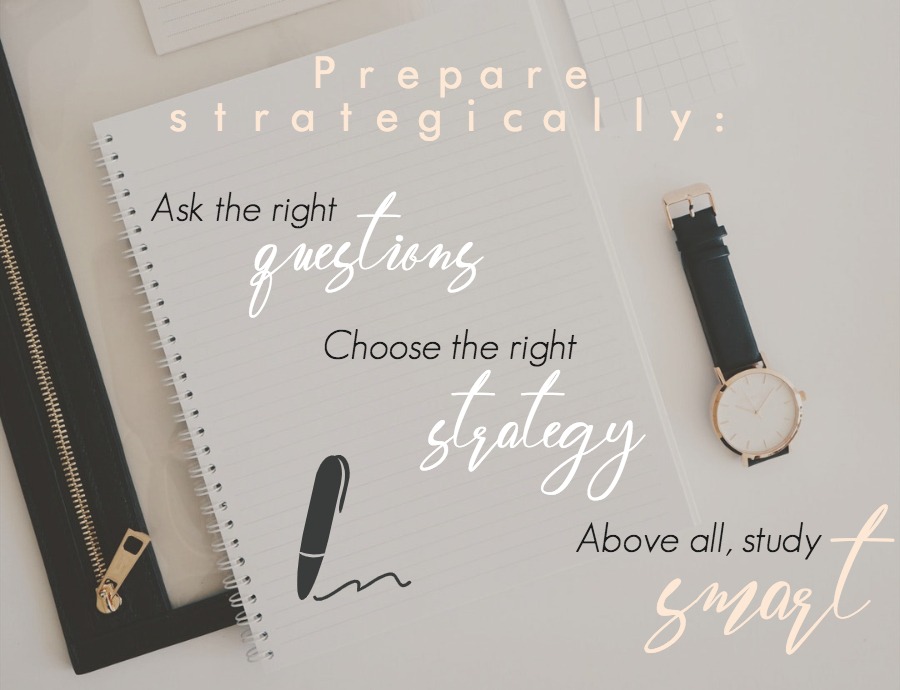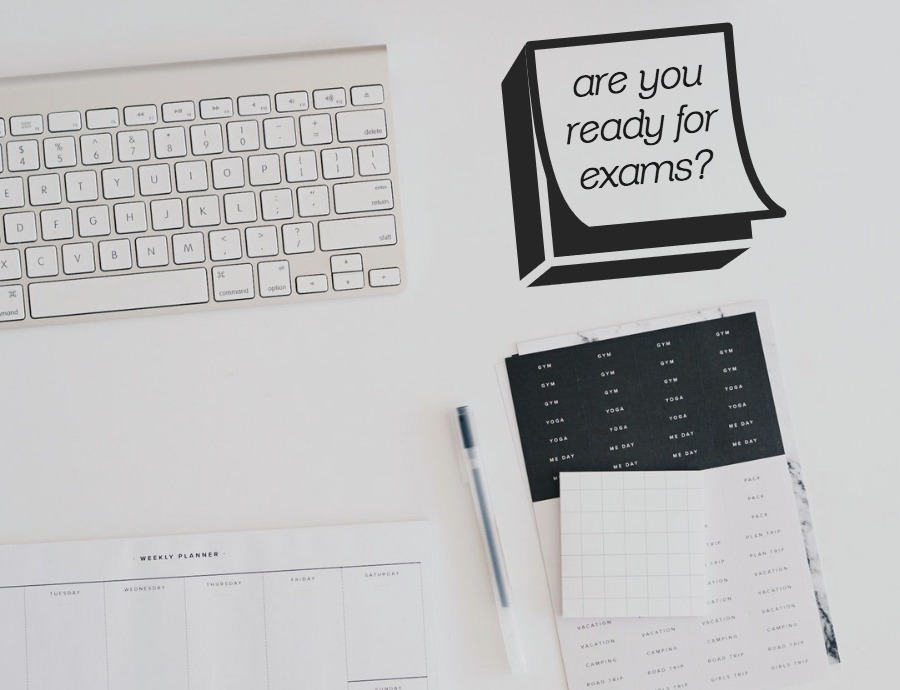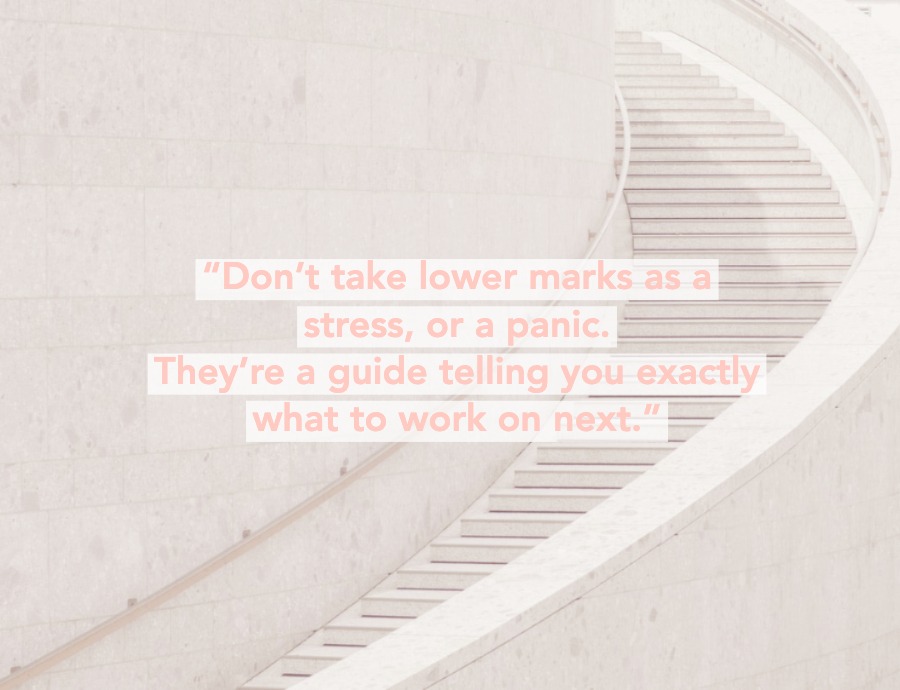Students often experience a lot of anxiety around the first set of university tests or midterms. They’re often unsure how to proceed: they aren’t told explicitly what to expect, how to prepare, or what to study.
Just because the information isn’t handed to you doesn’t mean that you can’t track it down. Prepare strategically: ask the right questions, and choose the right strategy, and, above all, study smart.
Study strategically by asking for help when you need it, and by consulting with experts.
Just because the information isn’t handed to you doesn’t mean that you can’t track it down. Prepare strategically: ask the right questions, and choose the right strategy, and, above all, study smart.
- Expect a difficult test. Plan for and expect a difficult test. Don’t underestimate, and don’t plan to underprepare.
- Never miss a lecture, review session or tutorial in the days before a test or midterm. In the final classes, as the countdown to the test or midterm begins, your professors and TAs will likely hint about what to study. Listen for this, and write it down. Listen carefully to other students’ questions as well, particularly at the end of the lecture, when everyone else is packing up. You’ll learn a tremendous amount about what to expect.
- Find out the format of the test. Ask professors or TAs about how the test or midterm will be structured. Will it be multiple choice? Will it be short answer? The answers to these questions will help you to study and to mentally prepare yourself.
- Talk to past students. Find students who have taken the course before, preferably with the same professors. Ask them what to study, and what to expect. They’ll likely have invaluable insights.
- Gather your study material. Start by putting together all your reading notes, lecture notes, assignments and quizzes. Organize them and get them ready.
- Look for past tests. Often, professors will post past test or midterms to help you to study. Download and print them immediately. They’ll be your best resource as you study.
- Prioritize, and plan to learn by doing. Prioritize your study material. Your focus should be on practice, and not on reading your textbook again. Have your textbook as a resource for when you work through your accumulated questions, and for the invaluable practice questions at the ends of the chapters.
- Study in test-like conditions. Plan to study in unfamiliar places such as libraries or classrooms. Try to mimic the exam location as much as possible, to get yourself ready psychologically.
- Talk to the professor. Take all of your work with you, and visit your professor in office hours. Make sure that you clear up all concepts that you found difficult, or that you weren’t sure about, and bring all questions whose solutions you were unsure of.
- Plan to get enough sleep. Plan to prepare your bag the night before all tests and midterms – make sure that you have enough pens, and all the supplies that you’ll need the day of the test. Then make sure that you sleep well the night before – go to bed early. You’ll need to be well rested in order to think on your feet, and to be creative.
Study strategically by asking for help when you need it, and by consulting with experts.








